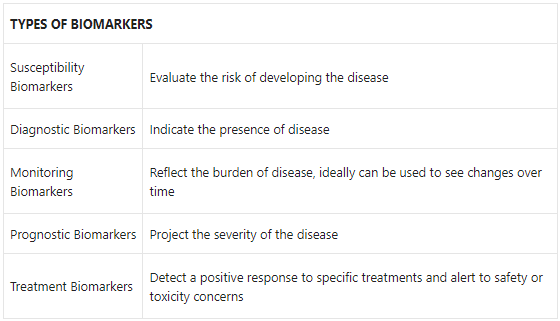By Oved Amitay, President and CEO, Solve M.E.
It is often said that there are no biomarkers for ME/CFS. In fact, a number of objective measurable biological differences between people with ME/CFS and healthy individuals have been observed over the years. Yet we are missing diagnostic biomarkers that can be readily used to make a diagnosis and manage the disease. Could the tragic SARS-Cov-2 pandemic lead us on a path to finally address these unmet needs for our community?
COVID-19 CAN HELP US DEVELOP DIAGNOSTIC BIOMARKERS FOR ME/CFS
The first step in the research and development of a diagnostic biomarker is to identify a measurable characteristic that is different in the people with the disease compared to those without the disease. The challenge has been that most individuals with ME/CFS don’t get the right medical attention until many months or even years after the onset of symptoms. The COVID-19 pandemic provides us an opportunity to study people shortly after infection and follow their recovery over time. This should make it a lot easier to identify differences between those who recover and those who don’t.
One of the key challenges of developing susceptibility and diagnostic biomarkers for a dynamic disease like ME/CFS or Long Covid is the need to follow people over time. The You + ME Registry and Biobank is one such longitudinal study. Individuals with ME/CFS and Long Covid can capture their experience with the disease online and via a symptom tracking app. Biological samples can be collected remotely. These data will be invaluable in the development of biomarkers and allow us to take the experiences of the Long Covid community and apply them to advance biomarker development in ME/CFS.


